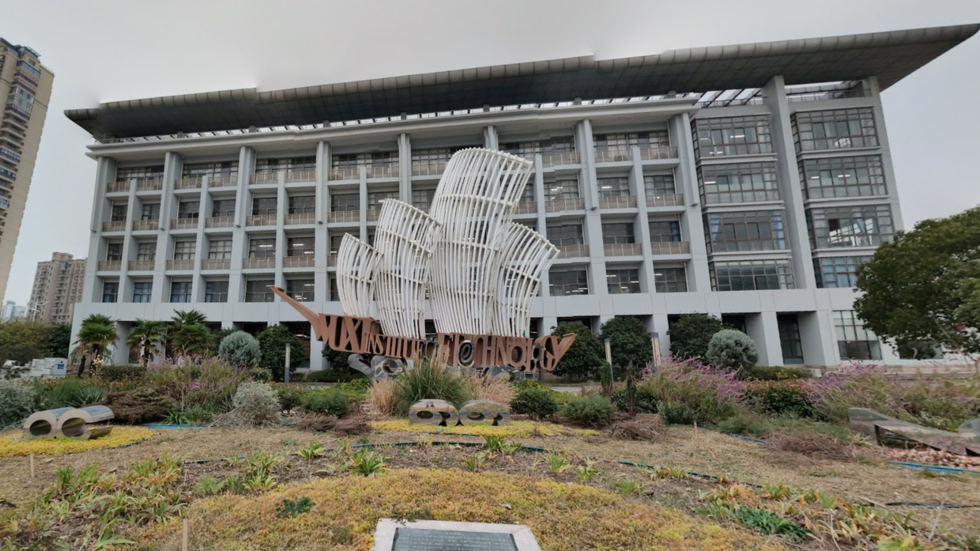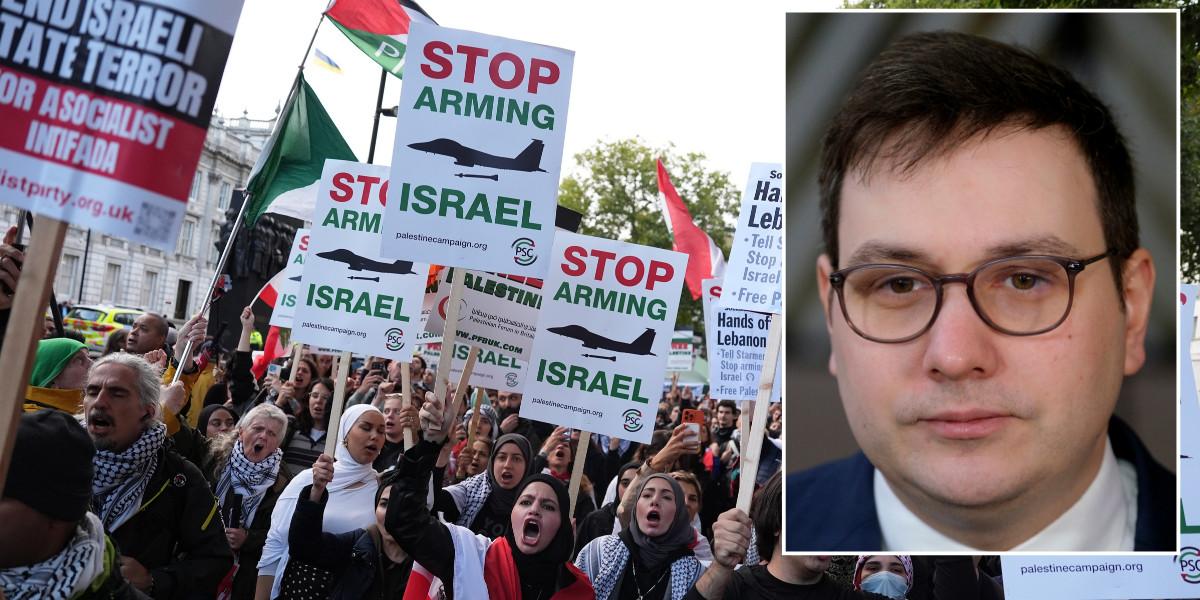Libya's administration in Tripoli is stepping up efforts to fend off European influence and protect Islamic social values, with a new "morality police" set to start operating in December.
The morality police will enforce strict regulations regarding women's dress codes in public places, including mandating girls to wear a veil, or hijab, from the age of 9. Women will no longer be allowed to travel without a male guardian, and "inappropriate" behavior between women and men in public will also be banned.
"Libya is not a place for personal freedoms," Emad Al-Trabelsi, the interior minister of Libya's Tripoli-based, UN-backed Government of National Unity saidearlier this month, adding that "those seeking freedom should go to Europe."
These words have sparked outcry among Libya's overly young population, and the country's women in particular.
"As a Libyan citizen, you, as a minister, have no right to tell me to leave for Europe if I disagree with your decisions," Ahlam Bin Taboun, a Libyan civil researcher, told DW.
"Libya is a state that should be governed by laws applied to everyone, not by someone's personal opinions," she said.
 Emad Al-Trabelsi (speaking into mic), the interior minister of Libya's Government of National Unity, wants to keep European social values out of his countryImage: MAHMUD TURKIA/AFP
Emad Al-Trabelsi (speaking into mic), the interior minister of Libya's Government of National Unity, wants to keep European social values out of his countryImage: MAHMUD TURKIA/AFPEven ahead of the introduction of the new force, the announced policies have already encouraged some men to hold women accountable to a stricter attire, several women told DW.
"A man approached my friend and me and asked if we were adhering to modesty rules," said 26-year-old Yasmin, who asked to not publish her full name for fear of retribution.
"I was wearing a long skirt anyway," she recalled. "But when I ignored him, he started threatening me and since them I am afraid to be in public."
Zainab Tarbah, a popular Libyan journalist and TV anchor, experienced a similar situation while driving. "A male driver cut me off and pointed at this head, referring to my hair," she said.
"I was scared," she added, saying that "this man believed he had the authority to hold me accountable."
 According to Libya's morality police, girls and women will have to wear veils in publicImage: Mohamed Messara/picture alliance/dpa
According to Libya's morality police, girls and women will have to wear veils in publicImage: Mohamed Messara/picture alliance/dpaRights groups call new policies 'deeply alarming'
Human rights organizations, such as Human Rights Watch and Amnesty International, have warned that these policies reflect a "dangerous escalation in the already suffocating levels of repression" in Libya.
"Proposals to impose compulsory veiling on women and girls as young as nine, restrict interactions between men and women, and police young people's personal choices with regards to hairstyles and clothing are not only deeply alarming, but also violate Libya's obligations under international law," said Bassam Al Kantar, Amnesty's Libya researcher, on November 8.
He added that other proposals, such as requiring permission from male guardians for women to travel and violating individuals' privacy through surveillance, constitute blatant violations of human rights.
Libya's National Human Rights Committee has already filed a legal complaint against Al-Trabelsi with the attorney general.
"It is a blatant violation of individual freedoms," said Ahmed Hamza, the head of the committee.
"The minister's statements insult the Libyan society and constitute a punishable offense under the law," he said, pointing to article 195 of the Libyan Penal Code, which prohibits violating citizens' rights.
"These policies are merely a means to reinforce governmental control," he said. "Amid severe political and economic fragmentation, it seems the government is using these initiatives to divert attention from core issues."
Libya has been split between two rival administrations since 2014. The west is under the administration of the UN-recognized government under Prime Minister Abdul Hamid Dbeibah in Tripoli. The east, meanwhile, is under the rule of General Khalifa Hiftar in Tobruk.
The political stalemate of the oil-rich country with its long Mediterranean coastline has been exacerbated by political unrest and ruling militias.
Fears of renewed power abuse
Jalel Harchaoui, an expert on North African security and a fellow at the Royal United Services Institute in London, told the British newspaper The Telegraph that installing a morality police would further give the government "vicious" powers to "streamline arrests" without the "formality of legal procedures."
However, due to Libya's political division, these new restrictions won't be applied throughout the country.
"The prime minister cannot project power in all of the capital, let alone beyond the capital. We're talking about some neighbourhoods, in the best scenario," Harchaoui told The Telegraph.
 The proposed measures have reminded many in Libya's overly young population of the decades of dictatorship under GadhafiImage: MAHMUD TURKIA/AFP
The proposed measures have reminded many in Libya's overly young population of the decades of dictatorship under GadhafiImage: MAHMUD TURKIA/AFPAnd yet, for Libya's population in the country's west, this development will still remind them of the decades under Muammar Gadhafi's dictatorial rule which ended in 2011.
The new morality police will, for example, be entitled to shut down barbershops or shisha bars that fail to meet the new regulations.
"Today, someone criticizes my hairstyle, and tomorrow, they might impose what I should wear," Ahmed Qarqum, a 23-year-old university student, told DW.
"These policies create a suffocating environment that makes us feel alienated in our own country," he added.
Jennifer Holleis contributed to this report.
Edited by: Martin Kuebler

 By Deutsche Welle (World News) | Created at 2024-11-16 18:35:59 | Updated at 2024-11-16 20:57:06
2 hours ago
By Deutsche Welle (World News) | Created at 2024-11-16 18:35:59 | Updated at 2024-11-16 20:57:06
2 hours ago







